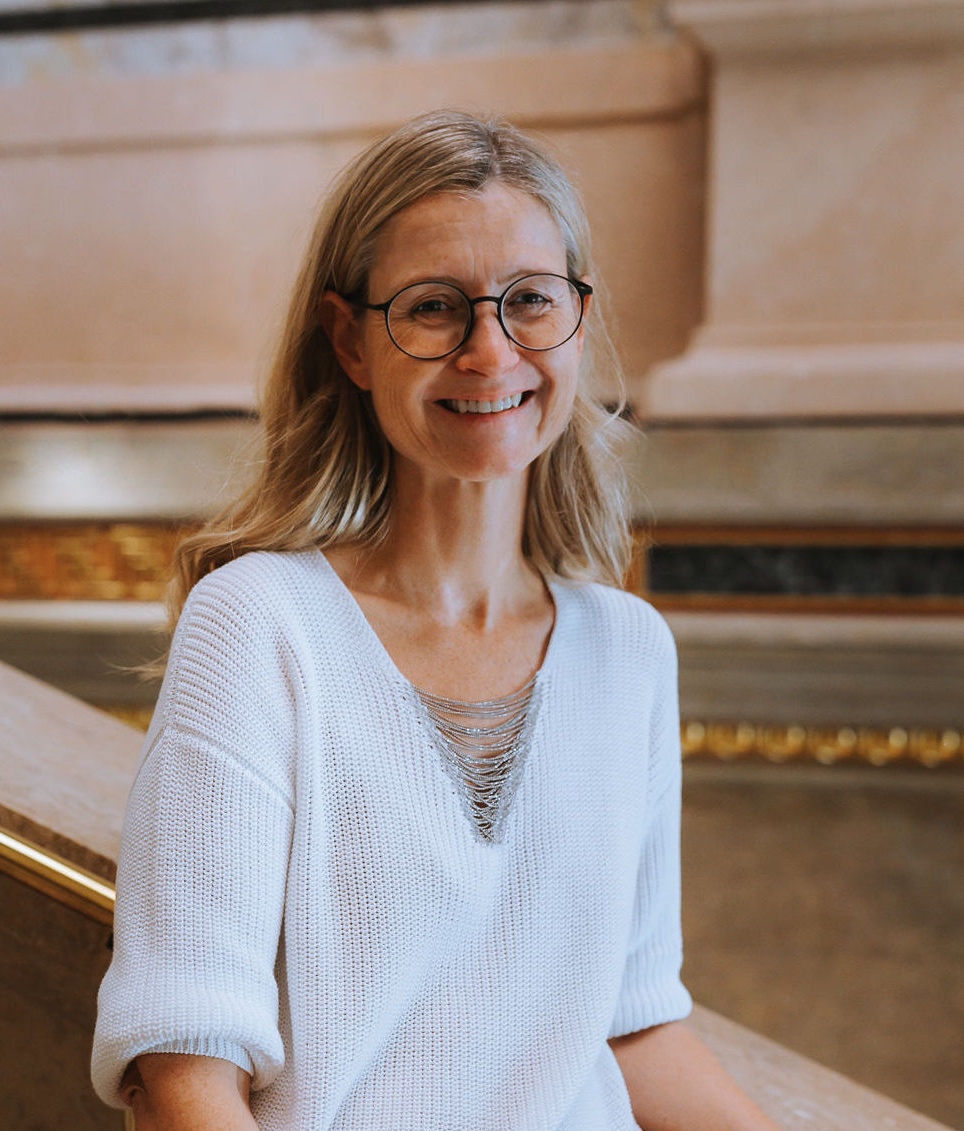Christina Hainzl hat Zeitgeschichte, Kunstgeschichte und Politische Kommunikation studiert. Sie leitet die Plattform Nachhaltige Entwicklung (SDGs) sowie das Research Lab Democracy and Society in Transition an der Universität für Weiterbildung Krems. Schwerpunkt ihrer Arbeit sind die Schnittstellen Wissenschaft- Politik-Kunst sowie Kultur- und Gesundheitspolitik. Von 2010 bis 2018 war sie Leiterin des Lehrgangs Politische Bildung und entwickelte dabei den Schwerpunkt Radikalisierungsprävention. Sie vertritt die UWK in der European Science Diplomacy Alliance. Bis 2010 war sie als Kuratorin und wissenschaftliche Mitarbeiterin an verschiedenen Museen (Lentos, Landesmuseum OÖ) und Ausstellungsprojekten tätig und absolvierte mehrere Studien und Forschungsaufenthalte in Florenz, Rom, New York und Washington D.C.
Mag. Dr. Christina Hainzl
Leiterin – Plattform Nachhaltige Entwicklung (SDGs)


